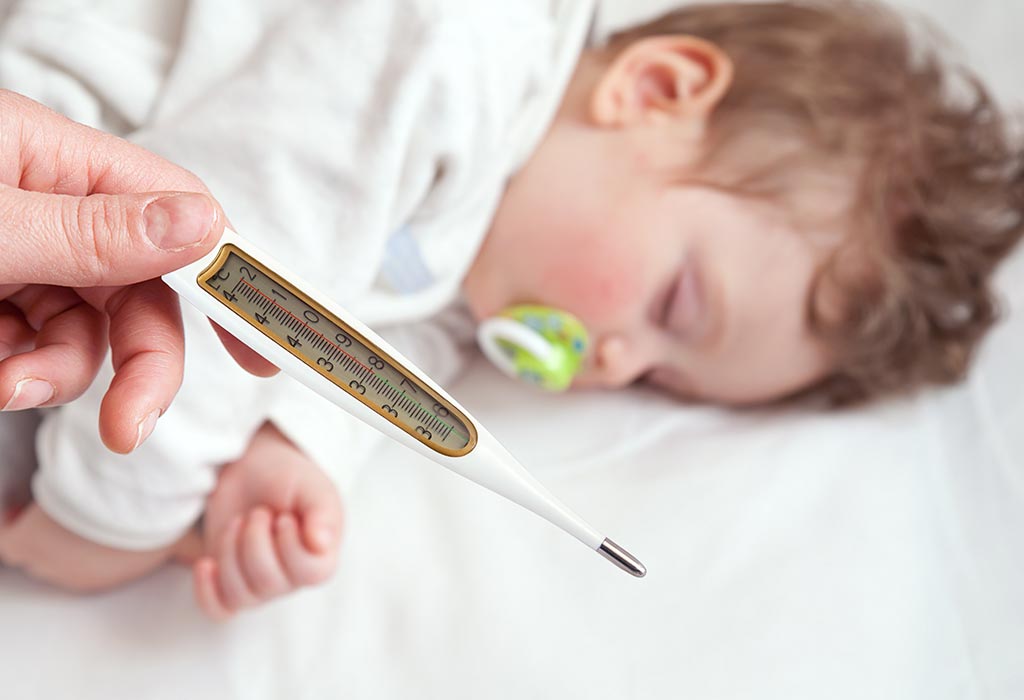Last Updated on March 11, 2024 by admin
Typhoid fever might not be prominent in developed countries. But it’s a severe health concern in developing nations. Are you aware of the typhoid causes?
If not, this article will help you become aware of the causes. But before that, you should learn about some of the symptoms of typhoid.
Symptoms of Typhoid Fever
Symptoms of typhoid fever usually appear one to three weeks after getting infected. Some early symptoms of the disease are as follows:
- Fever starting low but increasing regularly
- Fatigue and weakness
- Headache
- Sweating
- Muscle aches
- Stomach pain
- Dry cough
- Weight loss
- Loss of appetite
- Swollen stomach
- Rash
Without proper treatment, a person suffering from typhoid can start experiencing the following symptoms:
- Become delirious
- Become exhausted
- Lie motionless with eyes half-closed (typhoid state)
Life-threatening complications related to typhoid fever can occur when a person starts experiencing these symptoms. In some patients, the symptoms come back two weeks after the fever has disappeared. Some severe complications of typhoid fever include pneumonia, bladder infections, myocarditis, endocarditis, and more.
Causes of Typhoid Fever
Typhoid fever is caused by a harmful bacteria known as Salmonella typhi. The bacteria is linked to another one that causes salmonellosis, which is another severe intestinal infection. However, the two bacteria aren’t the same.
But how do the bacteria get transmitted and cause typhoid? Here are the different ways:
- Faecal-Oral Transmission Route
Several people in developed countries get affected by typhoid while travelling. One of the major typhoid causes is faecal transmission. Therefore, when a person gets infected by typhoid bacteria, they can spread it through faecal-oral transmission.
Salmonella typhi is mostly passed in the faeces. But at times, it also gets spread through the urine of infected people.
You can also get infected by coming in contact with infected people who haven’t washed their hands properly after coming out of the toilet. Moreover, you should also avoid eating food prepared by someone with typhoid to avoid the risk of transmission.
- Consumption of Contaminated Water
In developing countries, typhoid fever is a common problem. People usually get infected by consuming contaminated water. Sometimes the bacteria can spread further through contaminated food. Direct contact with infected people can also lead to the spread of typhoid fever.
- Typhoid Carriers
A few people who have recovered from typhoid continue harbouring the bacteria even after undergoing antibiotic treatment. However, they don’t exhibit any signs and symptoms of typhoid themselves. Since they keep shedding bacteria in their faeces, they can infect other people. These people are known as chronic carriers.
Risk Factors
Typhoid fever is established in countries like India, Africa, South America, and several countries in Southeast Asia. Children are more likely to get typhoid fever than adults. However, the symptoms of typhoid are milder in children than in adults.
Some factors that can increase the risk of typhoid are as follows:
- Drinking sewage water contaminated by Salmonella typhi.
- Having close contact with people who have been recently infected or are infected at the moment
- Working as a microbiologist who handles Salmonella typhi bacteria.
Precautions for Typhoid Fever
Some precautions that you can take to keep typhoid fever at bay are as follows:
- Vaccines: Vaccines have been invented to prevent typhoid infections. But the vaccines are not fully effective, so you should also follow the precautions mentioned below.
- Wash hands properly: Wash your hands with hot, soapy water to prevent typhoid infection. Always wash your hands before cooking or eating and after using the toilet. Keep an alcohol-based hand sanitiser with you for times when you don’t have access to water to wash your hands.
- Don”t drink contaminated water: Contaminated drinking water is a huge issue in countries where typhoid fever is endemic. You should always consume bottled water and canned beverages. Also, use bottled water while brushing your teeth and avoid swallowing water while showering.
- Consume hot food: Avoid food that has been stored or served at room temperature. Steaming hot food is the best for you. Moreover, you should also try to avoid food from street vendors because they are more likely to be infected.
- Avoid raw vegetables and fruits: Raw fruits and vegetables might have been washed in contaminated water. Always avoid raw fruits and vegetables that you won’t be able to peel. To be on the safer side, it’s better to avoid all raw food items.
To Conclude
Consult the doctors at Apollo Hospitals to get the best treatment for typhoid causes. With a dosage of antibiotics and other medications, you will recover fast.

